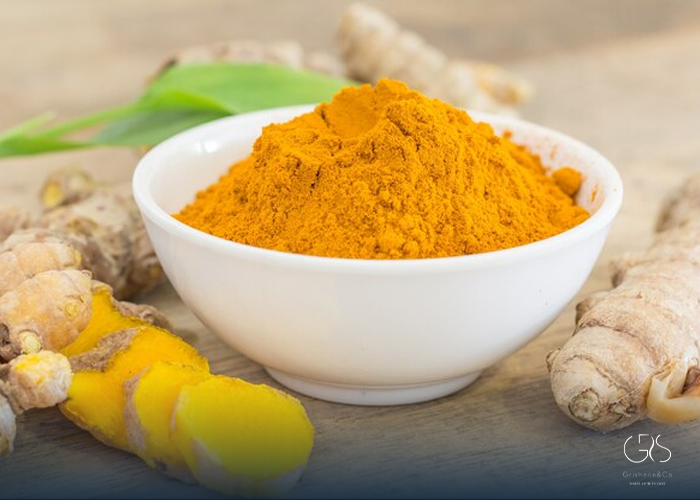Inflammation, while necessary for healing, can often become chronic and contribute to the development of various diseases. Fortunately, adopting an anti-inflammatory diet can be a powerful tool in reducing inflammation and promoting overall health. In this article, we will delve deeper into the principles behind building an anti-inflammatory diet, supported by relevant research and diverse perspectives.
1.Prioritize Whole Foods:
An anti-inflammatory diet begins with incorporating a wide variety of whole foods. Fruits, vegetables, whole grains, legumes, nuts, and seeds are rich in antioxidants, vitamins, minerals, and fiber. According to a study published in the Journal of the Academy of Nutrition and Dietetics, consuming a plant-based diet consisting of whole foods is associated with lower levels of inflammatory markers.
2.Optimize Omega-3 Fatty Acids:
Maintaining a proper balance between omega-3 and omega-6 fatty acids is crucial for managing inflammation. Western diets tend to be high in omega-6 fatty acids found in processed foods and vegetable oils, which can promote inflammation. On the other hand, increasing the intake of omega-3 fatty acids found in fatty fish (such as salmon and sardines), flaxseeds, and walnuts has been associated with reduced inflammation. According to a study published in the journal PLOS ONE, higher consumption of omega-3 fatty acids is linked to decreased levels of inflammatory markers.
3.Harness the Power of Turmeric:
Turmeric, a spice commonly used in traditional medicine, contains a potent anti-inflammatory compound called curcumin. Numerous studies have demonstrated curcumin’s ability to inhibit inflammatory molecules and pathways in the body. For example, a review published in the journal Foods highlighted curcumin’s potential to modulate various inflammatory conditions.

4.Embrace Healthy Fats:
Choosing the right types of fats is essential to combat inflammation. Monounsaturated fats found in foods like olive oil, avocados, and nuts have been shown to possess anti-inflammatory properties. A study published in the journal Nutrition and Metabolism found that replacing saturated fats with monounsaturated fats significantly reduced markers of inflammation in the body.

5.Minimize Processed Foods and Sugars:
A key aspect of an anti-inflammatory diet involves reducing the consumption of processed foods and added sugars. High intake of these substances has been linked to increased inflammation in the body. A study published in the Journal of the American College of Cardiology discussed how the Western diet, characterized by processed foods and sugary beverages, promotes chronic low-grade inflammation.

Conclusion:
Building an anti-inflammatory diet involves prioritizing whole foods, optimizing the omega-3 to omega-6 fatty acid ratio, incorporating turmeric, choosing healthy fats, and reducing processed foods and added sugars. By embracing these principles, individuals can empower themselves to reduce chronic inflammation and promote optimal health. Remember, a holistic approach to nourishing the body can yield long-lasting benefits.
Sources
- Anti-inflammatory diets and chronic disease prevention, The American Journal of Clinical Nutrition
- Harvard Health Publishing, Foods that fight inflammation
- The Journal of the Academy of Nutrition and Dietetics, Anti-inflammatory eating for a healthy mind and body
- Nutrition Journal, Anti-inflammatory effects of a low glycaemic index diet
- The New England Journal of Medicine, Anti-inflammatory diets and aging





